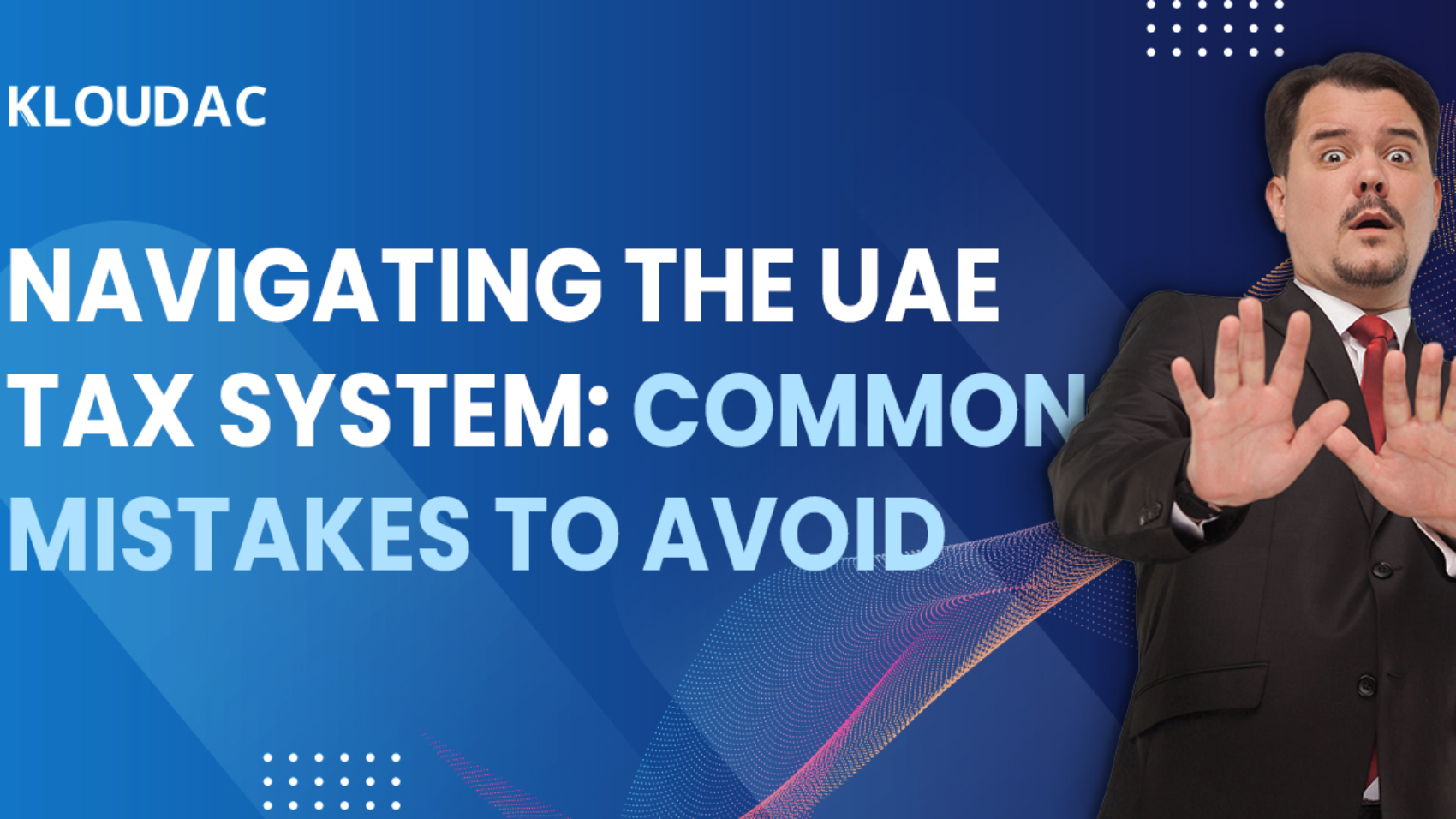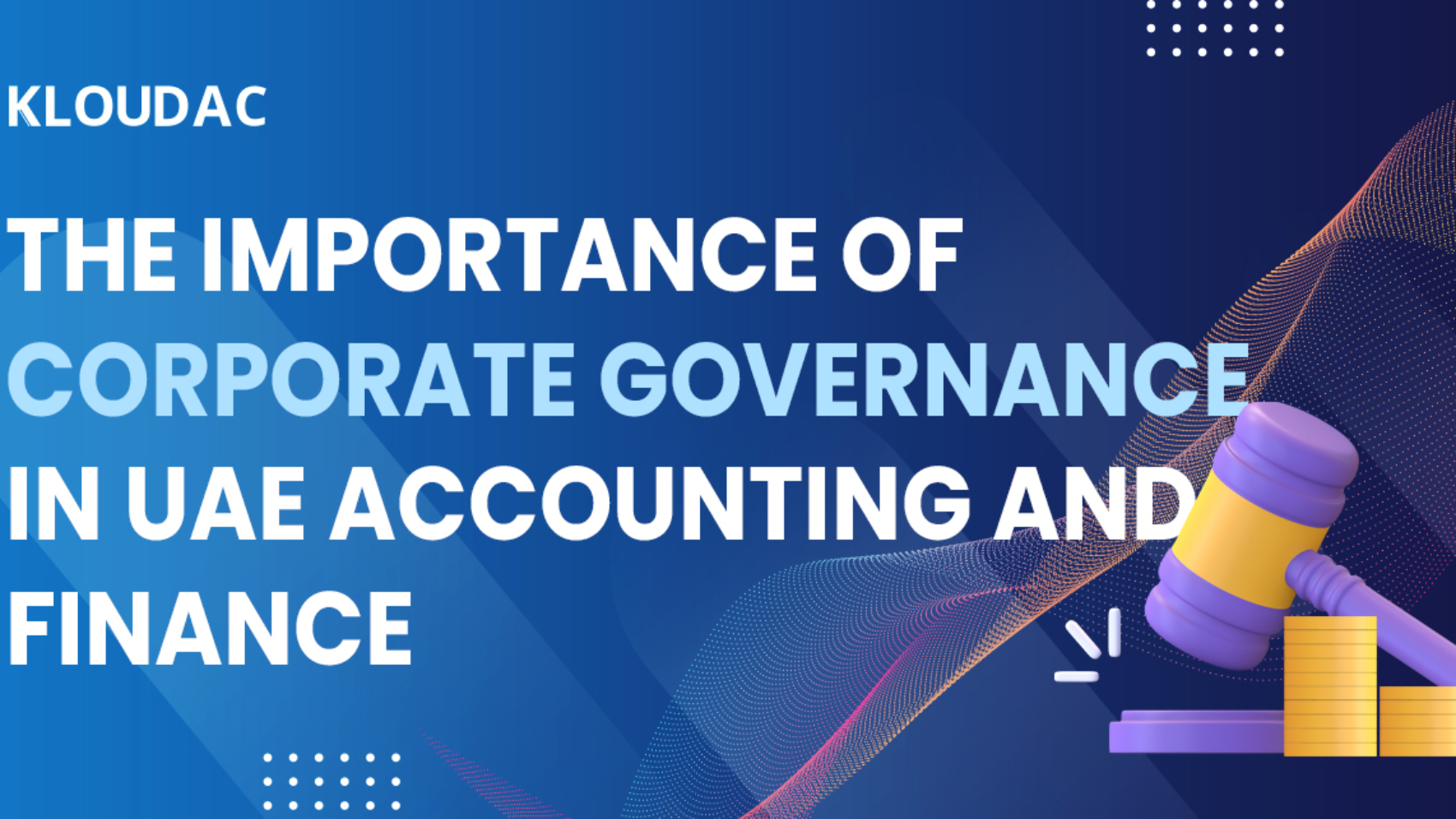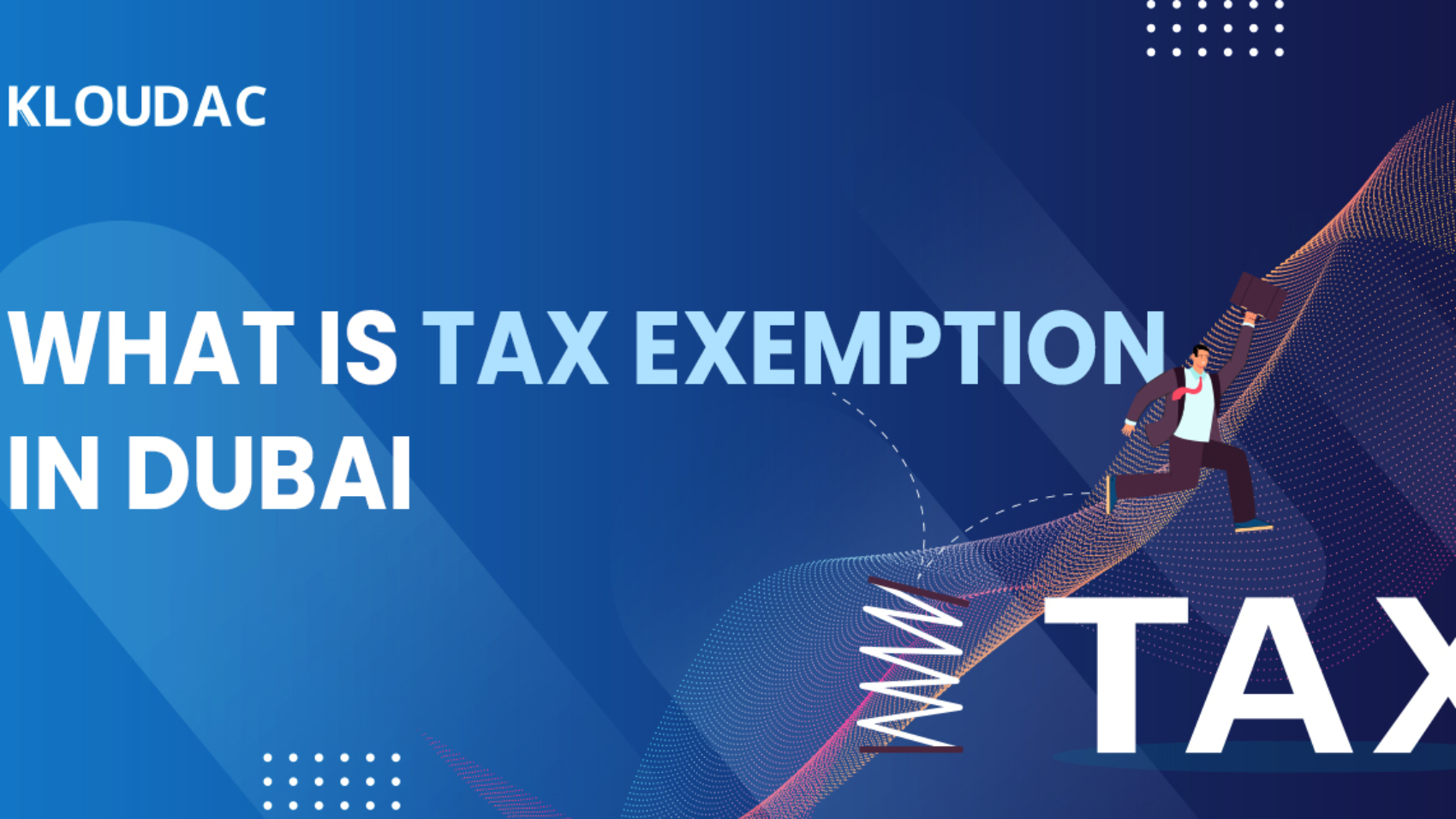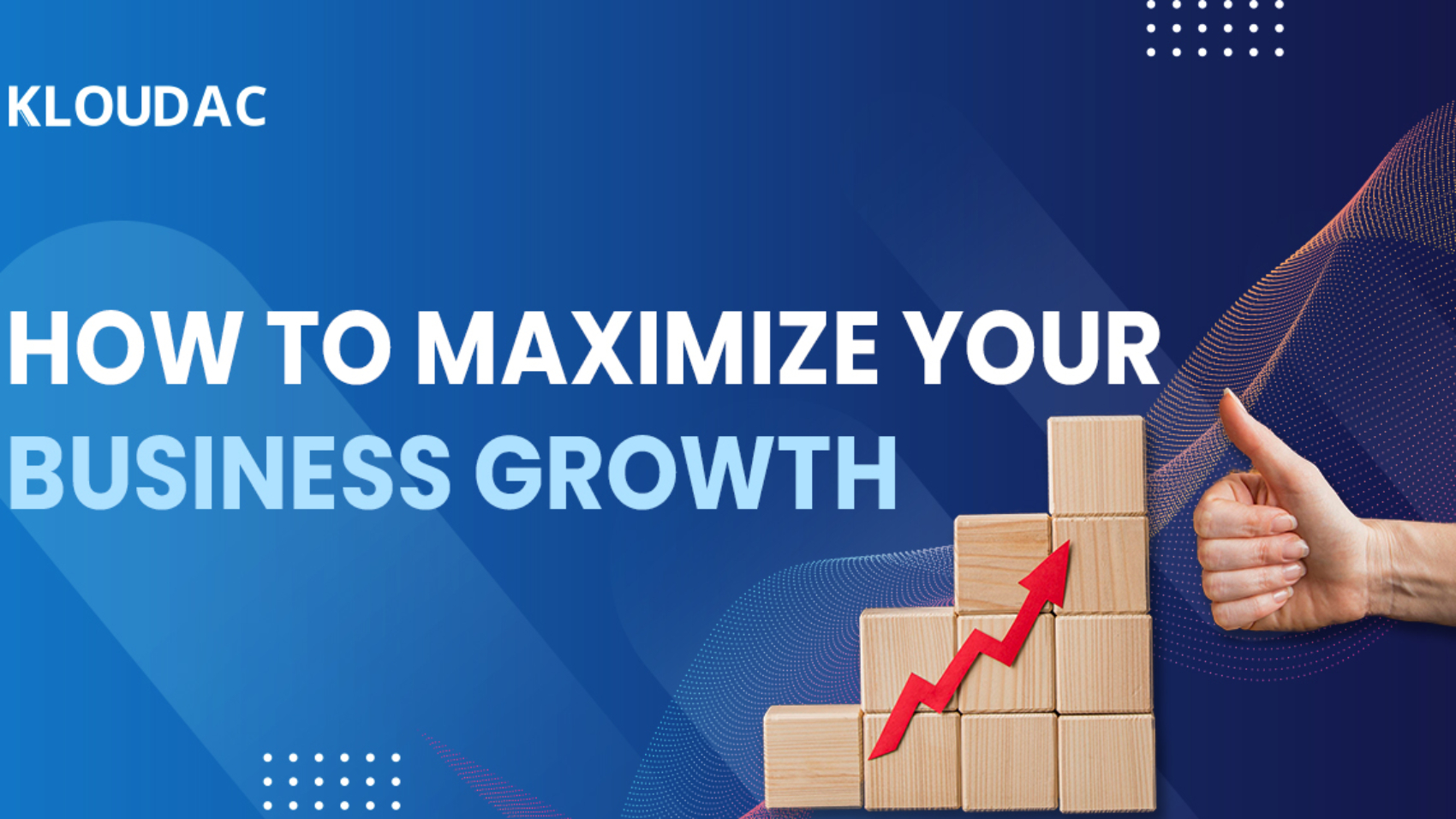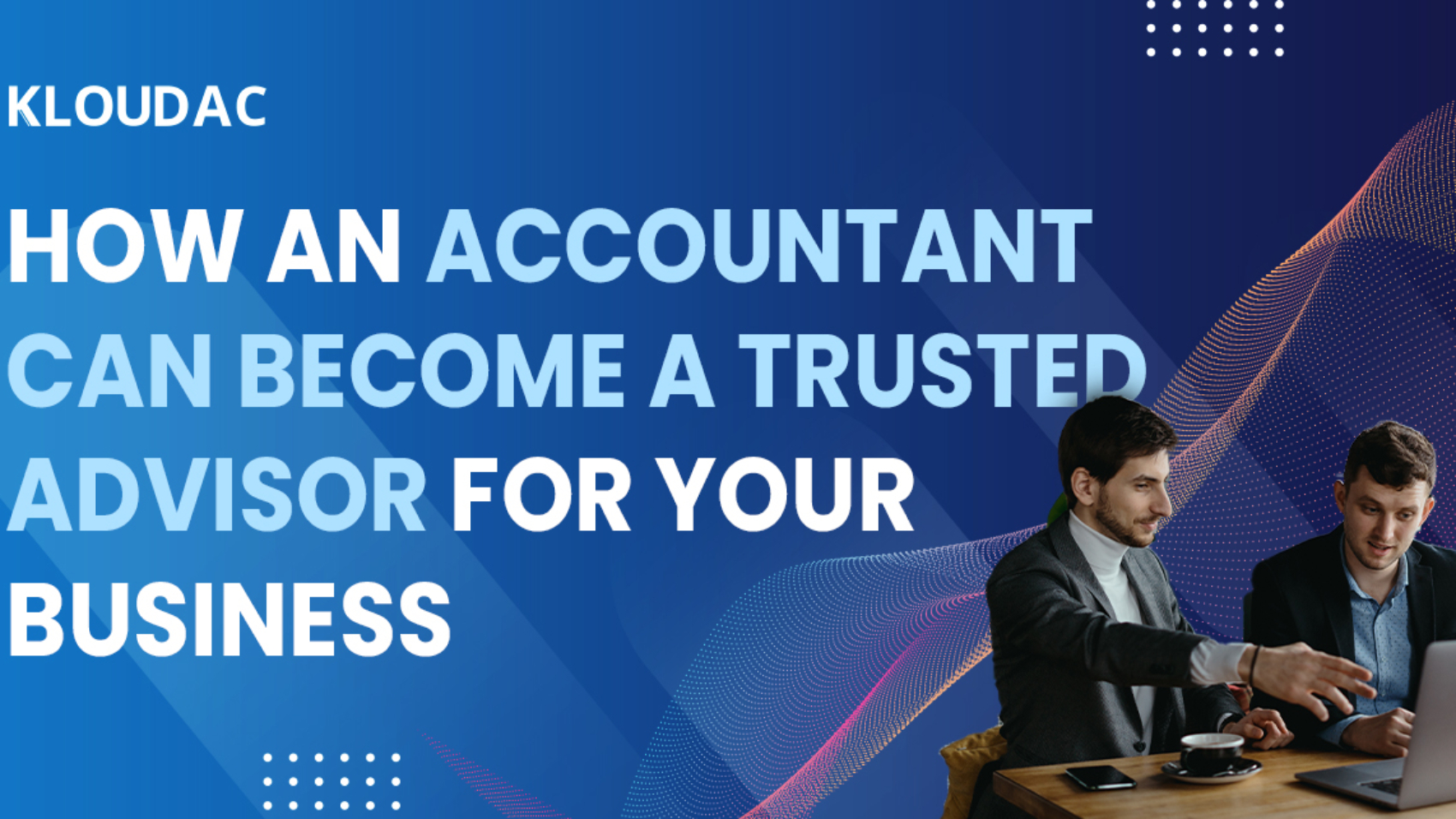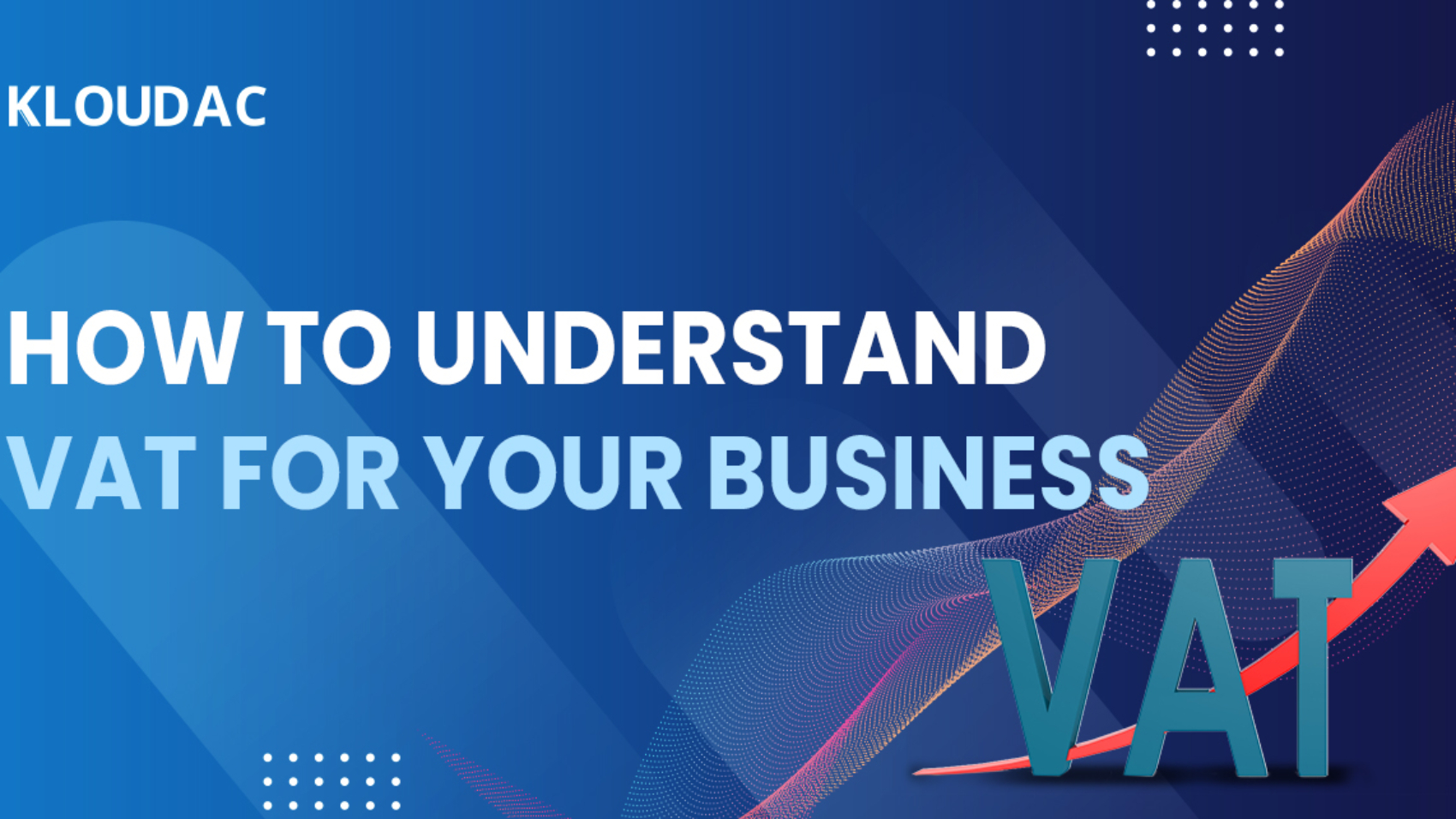The United Arab Emirates (UAE) has been known for its tax-free economy for a long time. However, since the introduction of the Value Added Tax (VAT) in 2018, things have changed. Although the tax rate is still relatively low compared to other countries, it is important to understand the UAE tax system and avoid common mistakes that could lead to penalties and fines.
In this blog, we will discuss the common mistakes that individuals and businesses make when navigating the UAE tax system and provide tips on how to avoid them.
Not Registering for VAT
The first and most crucial mistake individuals and businesses make is failing to register for VAT. All businesses with a taxable turnover of AED 375,000 or more must register for VAT. Failing to register for VAT can result in penalties and fines, which can be costly.
To avoid this mistake, businesses and individuals must ensure that they meet the registration threshold and apply for registration within the stipulated time. Additionally, businesses should ensure that they maintain accurate and up-to-date records of their taxable supplies and purchases to comply with VAT regulations.
Not Filing Tax Returns on Time
Another common mistake that individuals and businesses make is failing to file their tax returns on time. VAT returns must be filed with the Federal Tax Authority (FTA) within 28 days of the end of the tax period. Failure to file tax returns on time can result in hefty fines and penalties.
To avoid this mistake, businesses should ensure that they keep accurate and up-to-date records of their taxable transactions. Additionally, businesses should plan ahead and ensure that they have the necessary resources to file their tax returns on time.
Incorrect VAT Treatment
Incorrect VAT treatment is another common mistake that businesses make. Businesses must correctly identify the VAT treatment of their supplies and purchases. Failure to do so can result in underpayment or overpayment of VAT, which can lead to penalties and fines.
To avoid this mistake, businesses must understand the VAT treatment of their supplies and purchases. Businesses must also ensure that they keep accurate records of their taxable transactions.
Not Keeping Accurate Records
Keeping accurate records is crucial for complying with VAT regulations. Failing to keep accurate records can lead to errors and inconsistencies in tax returns, which can result in penalties and fines.
To avoid this mistake, businesses must ensure that they maintain accurate and up-to-date records of their taxable transactions. Businesses should also implement a proper record-keeping system to ensure that records are organized and easily accessible.
Not Seeking Professional Advice
Finally, failing to seek professional advice is a common mistake that businesses and individuals make. Tax regulations can be complex and confusing, and seeking professional advice can help individuals and businesses navigate the tax system and avoid costly mistakes.
To avoid this mistake, businesses and individuals should seek professional advice from tax experts or consult with the FTA. Seeking professional advice can help individuals and businesses understand their tax obligations and ensure that they comply with VAT regulations.
KLOUDAC Accounting Firm Dubai, UAE
Navigating the UAE tax system can be challenging, but avoiding common mistakes can help individuals and businesses comply with VAT regulations and avoid penalties and fines. KLOUDAC assists you by registering for VAT, filing tax returns on time, correctly identifying the VAT treatment of supplies and purchases, keeping accurate records, and seeking professional advice, businesses, and individuals can successfully navigate the UAE tax system.
